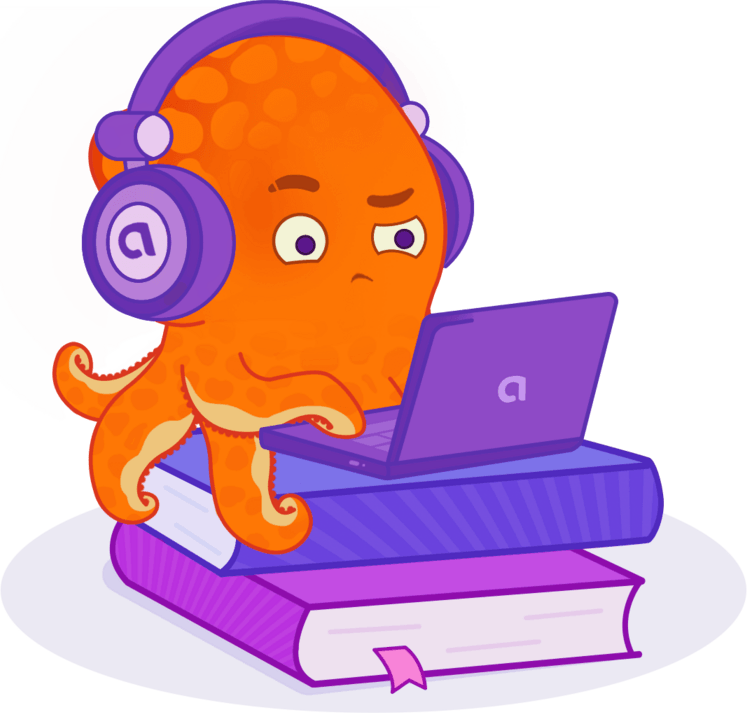UNIVAG 2021
Leia o texto para responder à questão.
Can Germans’ right to switch off survive contemporary times?
The lights were all out, the corridors were deserted. Only one computer was still working at the German Freiburg’s Institute for Advanced Studies. Newly-arrived American academic Kristen Ghodsee was working late in her office. Then there was a knock at the door, and in came the institute’s director. “He wanted to know if there was something wrong,” remembers Ghodsee. She replied she was fine, but the director looked at his watch and shook his head. It was 17:30. What seemed perfectly normal to the American, working after hours, was inconceivable to the German. After all, it was Feierabend, a German term which refers both to the end of the working day and the act of turning off from work entirely.
But then along came the smartphone, destabilizing the delicate German work-life balance. Suddenly, phones were in every pocket, laptops in every bag. All at once, everyone had access to work communication outside the office, on the go and at home. It wasn’t long before the digital revolution was invading Germans’ sacred rest time. By 2015, more than a quarter of employees said bosses wanted them to be contactable at all hours, a national survey revealed. This despite a 2003 law stating workers’ 11-hour break couldn’t be interrupted.
It seems many employees agree the idea of an uninterrupted break is too rigid. Last year, 96% of workers interviewed by Germany’s digital association Bitkom said they would like to organise their own work schedule to fit around their lives. But those responsible for employee protection are worried. “A lot of the shortening of rest periods is happening because people are working such long hours, not because they are working flexibly,” says research associate Nils Backhaus.
The 11-hour rest period is also there to protect workers from themselves. Originally intended to make sure factory workers could recover physically between shifts, Backhaus says the break is just as necessary for mental regeneration. “Worker protection is just as needed in our new world of digitalisation, home office and smartphones”, says David Markworth.
(Josie Le Blond. www.bbc.com, 24.02.2020. Adaptado.)
No trecho do primeiro parágrafo “which refers both to the end of the working day and the act of turning off from work entirely”, os termos sublinhados estabelecem sentido de
oposição.
alternativa.
exclusão.
ênfase.
adição.





